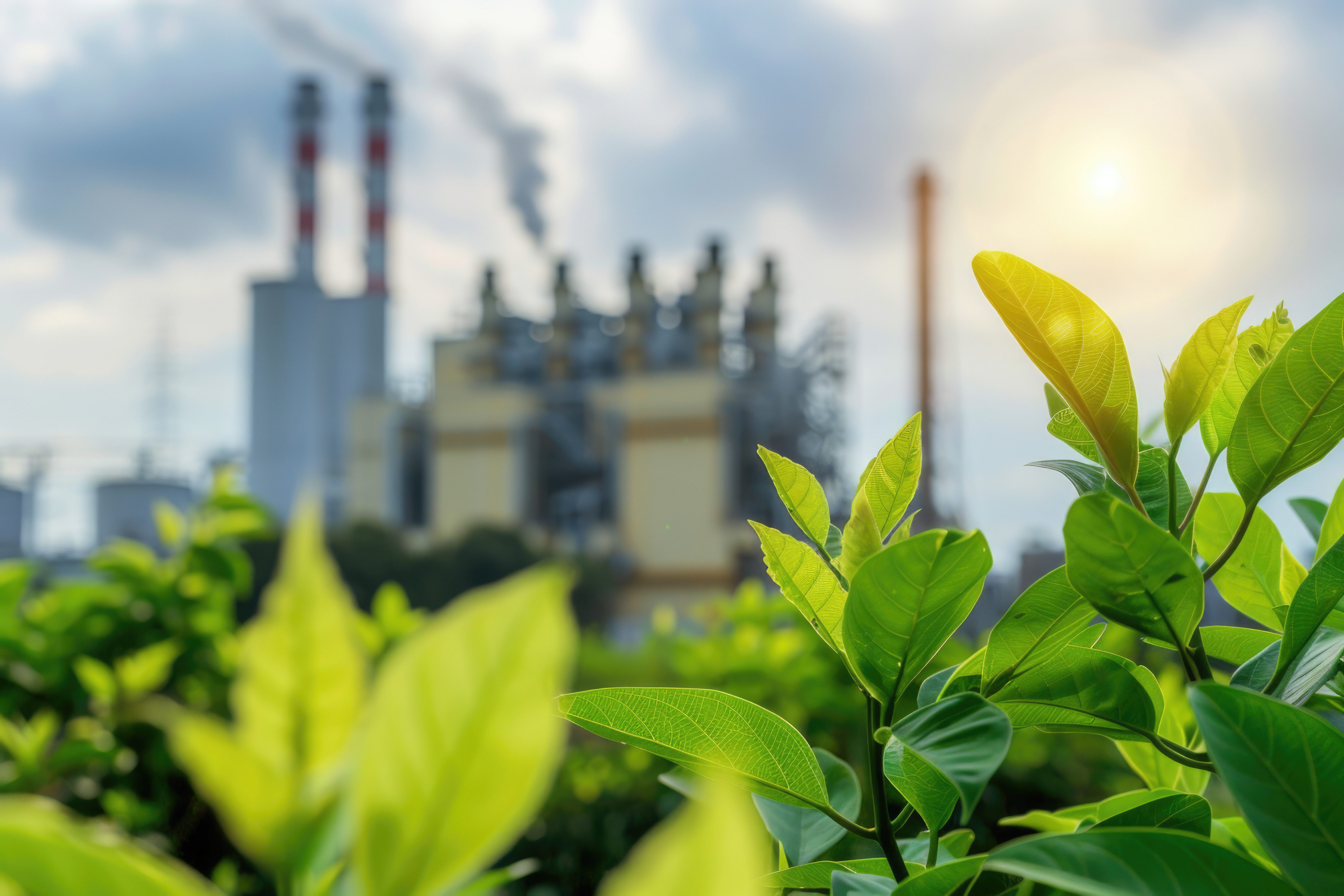Prevent the Risk of Fire and Other Accidents with Oil and Gas Inspections
Inspection of the oil and gas industry should be noticed because this industry concerns the interests of many people. This gas inspection aims to ensure security at the company regarding its use and so on. Not only for help but the operation of oil and gas production involves the safety of many lives.
Whether it concerns the safety of workers in the field or guaranteeing a decent life for the community around the mining site, the impact on nature must also be considered to ensure that nature remains balanced and does not become a disaster.
What is Oil and Gas Inspection (Oil and Gas)
People’s need for oil and gas is unquestionable, and various groups need it to support everyday life. Not to mention the increasing number of parties involved in international trade in the oil and gas industry.
We are starting from exporters, importers, traders, insurance companies, and banking. Public and non-public NGOs of all sizes are also involved in the international trade in oil and gas.
So Oil and Gas Inspection is all activities in which oil and gas companies and non-companies are inspected so that accidents do not occur. This is important for the safety of people and the environment.
Handover of gas, oil, and various other refinery products using ship, pipeline, and tanker trucks. This certainly needs to be done with an oil and gas inspection to minimize inappropriate actions in adequately caring for and protecting the environment.
Every day when handovers are carried out, there are many risks, both risks for profit from the sale and purchase of oil and gas or marine habitats which incidentally are the only oil and gas transportation route. The loss that may occur for buying and selling is a decrease in quantity and quality during the handover process.
For this reason, the oil and gas industry requires accurate information to minimize losses. Both the loss in terms of the quality of the goods or the loss in terms of the quantity of the goods.
Benefits of Conducting Oil and Gas Inspections
Oil and gas and various refined refinery products require inspection for a reason. Apart from the fact that this product is very vulnerable, the inspection process also has multiple essential benefits, such as:
- Inspection can ensure the suitability of the quality and quantity of goods at the time of handover
- Ensure product quality standards comply with international trade standards
- The essential information is easy to obtain, such as information about schedules, quality analysis, time logs, and other discrepancies.
- Have a certificate where its use in the oil and gas industry plays a vital role in fulfilling the completeness of the documents when needed
The four benefits that we mentioned above are things that become a consideration why until the time the inspection is carried out and it becomes an important thing. All parties involved in carrying out checks must have a steadfast spirit so as not to cause harm.
The definition of loss is not only about the lack of benefits for the company. However, it also minimizes the impact or possible long-term loss to the company through various aspects, one of which is ensuring product quality during transit.
10 Hazards that need to be inspected in the Oil and Gas industry
So, what are the essential points when checking oil and gas? Here we describe ten mandatory hazards to be reviewed in the oil and gas industry:
- Emergency Response must receive special attention to ensure that the plans installed are correct, up-to-date, and complete according to the conditions of the rig. Make sure each well has a formally written emergency response.
- The Electrical System and Machine Protection are also included in one of the mandatory inspections in the oil and gas industry. Electricity and machines are motors in operation, so everything becomes chaotic when there is a disturbance.
- Check and ensure that all tools installed on the rig are positioned correctly.
- Have fall protection procedures in place. In this case, what is protected is the tool. In the oil and gas industry, the possibility of equipment falling from a height can occur at any time. However, an inspection is conducted to measure whether the tool can be reused.
- The availability of stairs and pathways for field workers should be considered carefully. Especially if it involves human workers, it’s a matter of life.
- Rope or wire slings must be ensured to function perfectly so that there are no obstacles or cause accidents of various scales when the work is in progress.
- Stairs and platforms must be installed accurately to support the inspection process so it can be carried out correctly.
- Hoses, pins, and safety guards must be ensured to have been appropriately installed to increase work efficiency.
- Exposure to chemical hazards not only disrupts human health but also damages the environmental balance. One of the oil and gas inspections is related to this one.
- Hazards in other areas, such as welding lines, tubular storage, falling objects, as well as housekeeping.
The ten hazards anticipated when carrying out an inspection must be sifted through. You can entrust the inspection process to experts in their fields, such as Sucofindo.
Sucofindo is a trusted service for conducting inspections in the oil and gas industry, which has the experience and has faced many clients.
For more information about inspection and audit and oil and gas sector, You can read our article here. If you and your company need further information regarding our services, contact and consult about it here.







